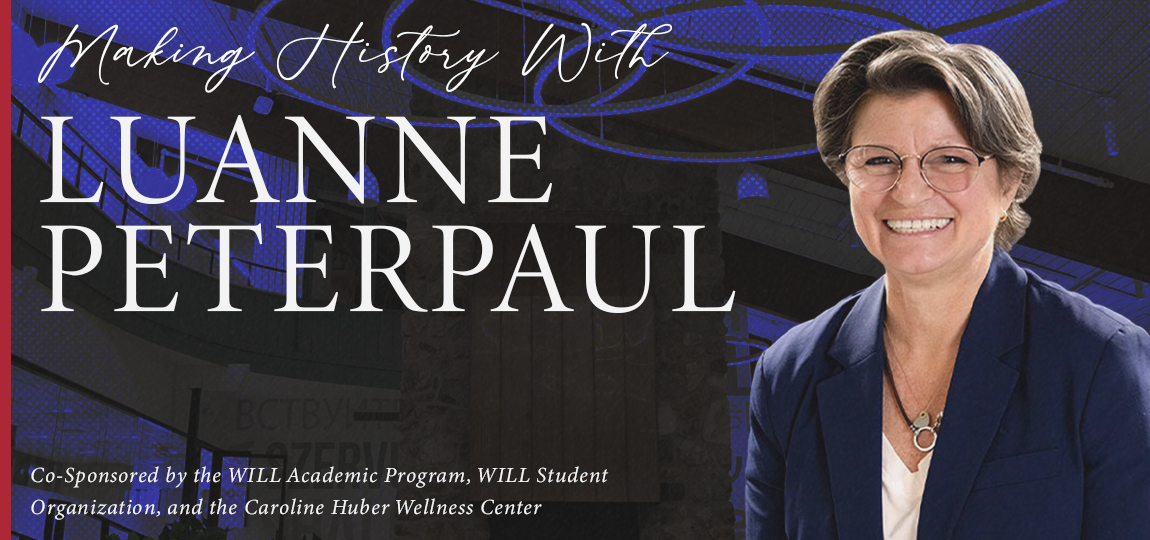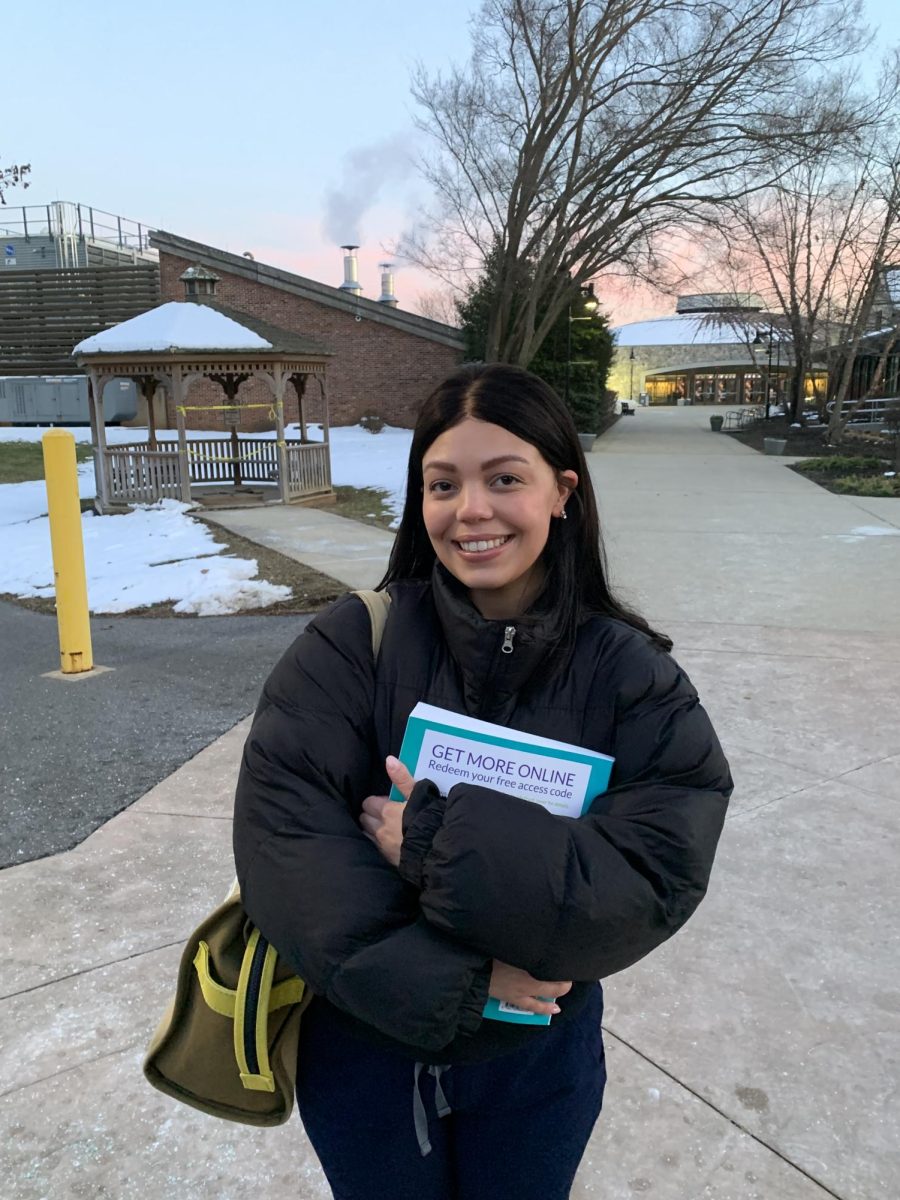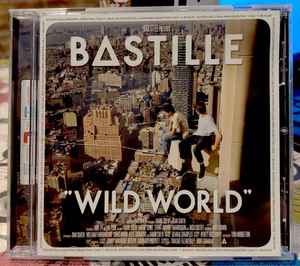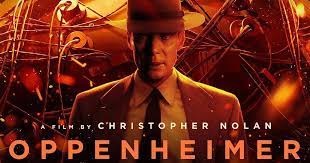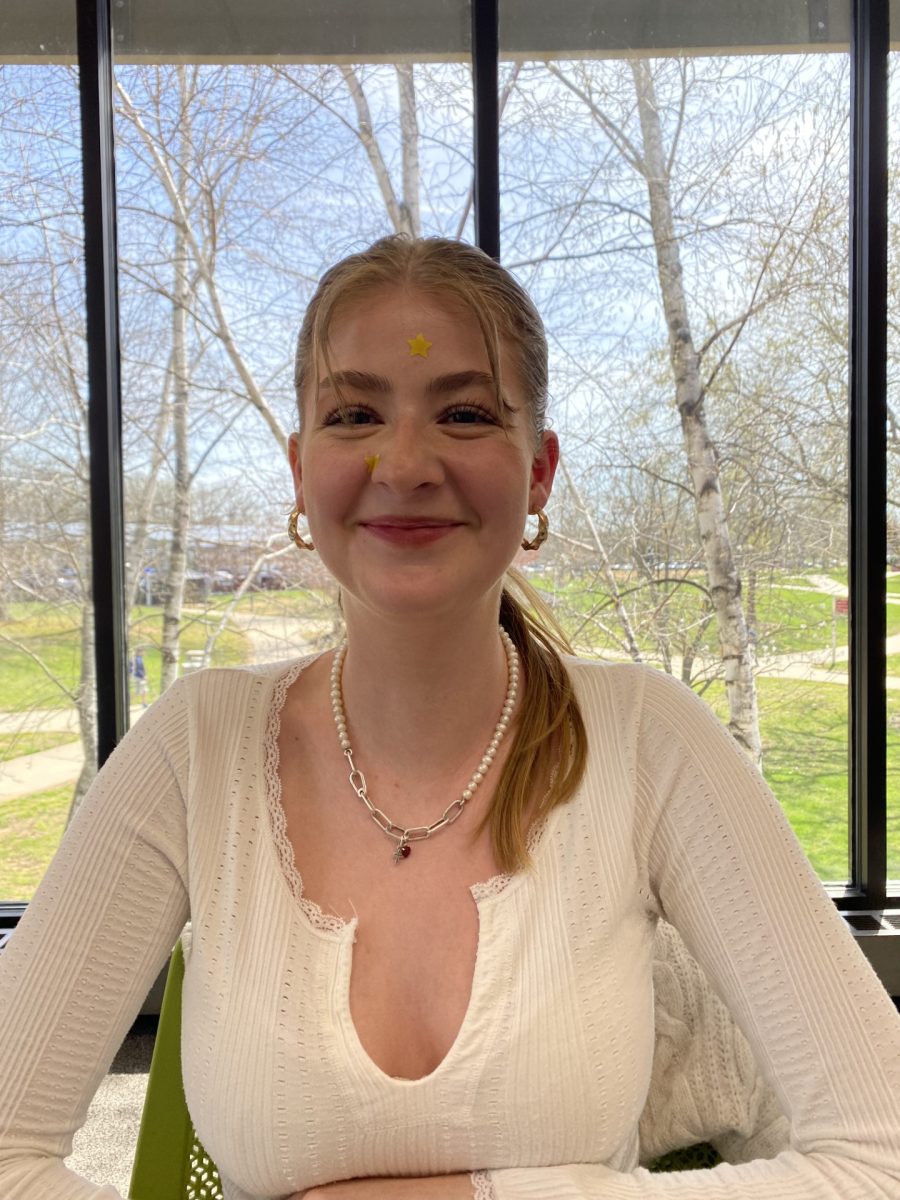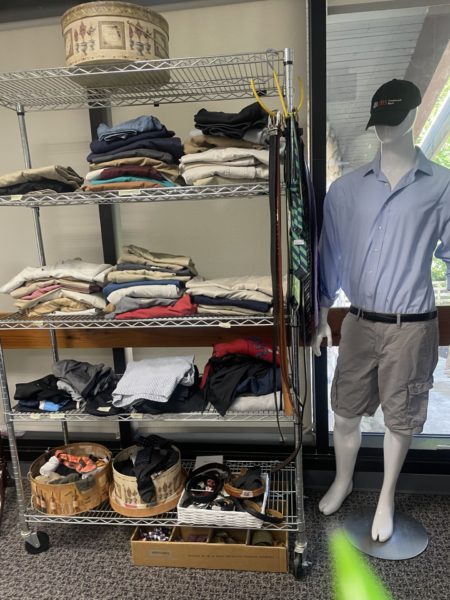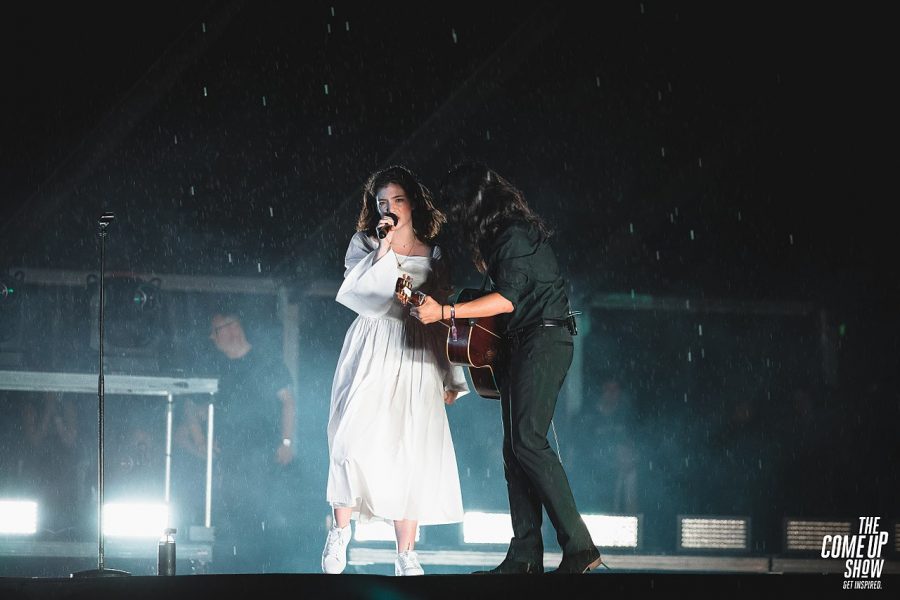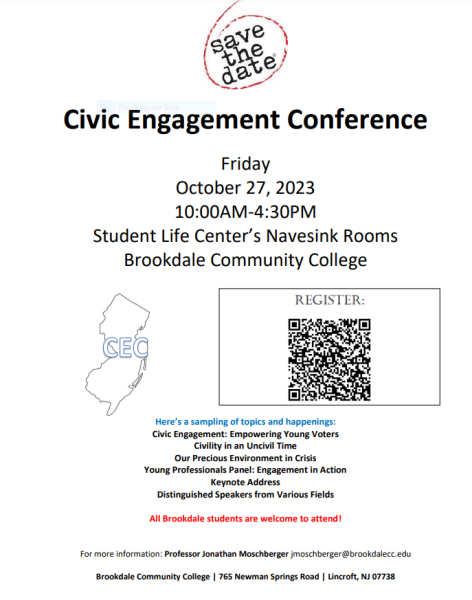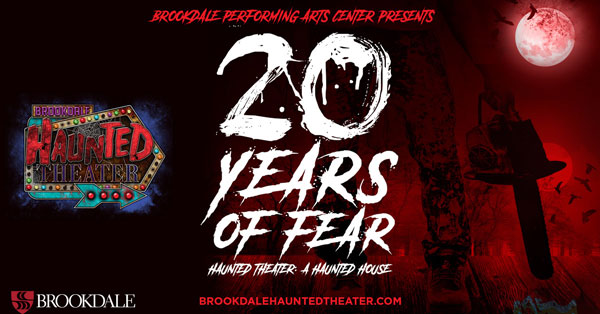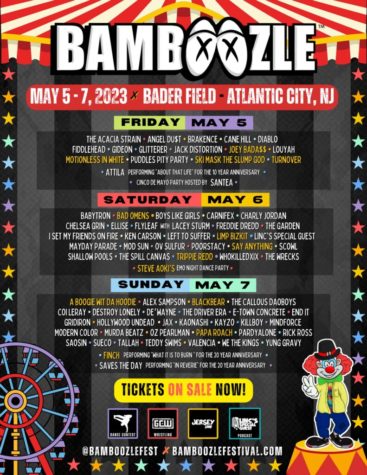Lorde Returns to Music with Melodrama
Lorde performing “The Louvre” at the Osheaga Festival in Montreal, Canada with a guitarist
In June of 2017, Lorde rhythmically resurrected herself through great whites, summer tongues, home-cooked dynamite, and nineteen-year-old sober thoughts. After three years on melodic mute for personal reasons, she has finally been revived by the mouth of music through her release of Melodrama— an eleven song saga of the solitude (and the good, the bad and the silent that comes with it) of a young woman adjusting to the world after heartbreak. Lorde herself claims that Melodrama is not a “breakup album,” but merely a personal psychoanalysis regarding the magnification of sadness, anger, love, ecstasy, and loneliness that comes with being a young changing, feeling human (though it can be argued that it is definitely a “breakup album”). In each song (with the exception of “Liability” and “Writer In The Dark” which lay atop a solitary piano instrumental), a consistent low, pulsating, breathing bass can be felt— a unifying element in this electropop and neo-psychedelic alternative rock crossover album. Her growth as an artist from her 2013 album, Pure Heroine to Melodrama can be seen in her song subjects (from youthful longings of “glory and gore” to self-reflections of harsh realities and raw emotion) as well as in something as soundless and two-dimensional as her album art (black-and-white text to a dream-colored self-portrait). Overall, through her second album, Lorde creates an alternate universe where we are all timelessly suspended in familiar, melodramatic emotions and moments.
She opens with “Green Light.” It starts with a sharp inhale and immediate lyric: “I do my makeup in somebody else’s car.” In the first line of the song she unapologetically implies a change; self-growth; adaption. The following verses and pre-chorus survive on a few piano chords, but slowly swell as the chorus nears. The aforementioned bass begins its inside rumble with, “But I hear sounds in my mind” and then temporarily recedes again after, “I’m waiting for it, that green light, I want it.” The rest of the song bites with a loving predation as she calls out whoever hurt her: “All those rumors, they have big teeth/ Oh, they bite you/ Thought you said that you would always be in love.” Through “Green Light,” Lorde opens her album with a loud, freeing flight into solitude— wind blowing through her hair.
The album then swoops into “Sober.” We enter the song through an, almost, incoherent falsetto chant of: “Night, midnight, lose my mind,” (two and a half more times). Then, the rest of the song is an anxious exhale with a nervous beat: “Oh, God, I’m clean out of air in my lungs/It’s all gone.” Here, Lorde is longing for a desensitization through a drunkenness or high from love. Yet, once the chorus (and the weekend) arrives, full of fun and intoxication, the choppy beat smoothens and the background chorus sweetens for one unified coo (“Ah ha”) and then Lorde: “We’re King and Queen of the weekend/ Ain’t a pill that could touch our rush/ (But what will we do when we’re sober?)” The song ends with that same rhetorical, but refreshing question, asking what they will do without each other’s love.
Yet, after the album dips into “Homemade Dynamite” (an explosive take on teenagers’ careless invincibility in love and life), “The Louvre” (an eyes-closed, arm-swaying rush of a relationship that transitions from muted acoustic guitar to electronic instrumentation), and “Hard Feelings/Loveless” (a song with two personas: a vulnerable lover only looking for something tender versus a fed-up, L-O-V-E-L-E-S-S love addict), it intricately reprises with “Sober II (Melodrama).” Bleeding violins give this song its first breath. Then, with a sharp release from the strings: “You asked if I was feeling it, I’m psycho high/ Know you won’t remember in the morning when I speak my mind.” As a continuation of “Sober,” this reprise focuses on the end of a sober-less night. The tempo and the deliverance of the lyrics properly imitate each song’s essence. The music behind “Sober” often flew fast and smooth on a high (ironically juxtaposing with the title), while the music behind “Sober II” is slow, exhausted, and nearing hung-over. They act as artistic compliments.
“Liability” and “Liability (Reprise)” are also a pair bound by similar theme and straying style found before and after “Writer In The Dark” (the exposure of existing as an artist in love) and “Supercut” (which can only be described as one of those glowing summer nights where the sights and sounds of the world seem to infinitely expand and pulse in slow-motion moments of complete existential calm). “Liability,” Melodrama’s first single, is backtracked by a quiet, welcoming piano instrumental and layered with a seemingly untreated voice and lyric. With the first note, you can see Lorde sitting at her piano in the middle of her apartment, playing from the napkin (or sheet music or notebook) she had scribbled on when she had first felt it all: “Baby really hurt me/ Crying in the taxi.”’ Then, the chorus hits a familiar feeling with, “They say, ‘You’re a little much for me/ You’re a liability.” The reprise, arriving later in the album, acts as a continued resonation of feeling like a fiery, overwhelming burden– the piano gone, the low bass back, and a new voice that is now trying to keep their everything from spilling over their edges.
Finally, Lorde takes a bow with “Perfect Places.” This song begins with a bouncing electronic percussion: “Every night, I live and die/ Feel the party to my bones.” The chorus emerges in a harmonized crowd-like cry (almost reaching for something): “Now I can’t stand to be alone/ Let’s go to perfect places.” To close, she leaves us with the question-marked answer she’d been reaching for throughout the whole song: “What the f*** are perfect places anyway?” Through this song, Lorde urges us to reject society’s projection of constant luxury, visual appeal, excitement, pleasure, intoxication and stimulation.
Altogether, Lorde’s eleven act tragedy, also known as Melodrama, musically stays within range of electropop, but expands lyrically, visually, stylistically, and thematically. Through her refreshingly vivid voice and language embedded within her technically-daring tracks, she reveals a lot about herself while somehow continuing to roam the music world as an ironically un-melodramatic mystery. Currently on tour, Lorde will be coming to New Jersey and New York in April.


